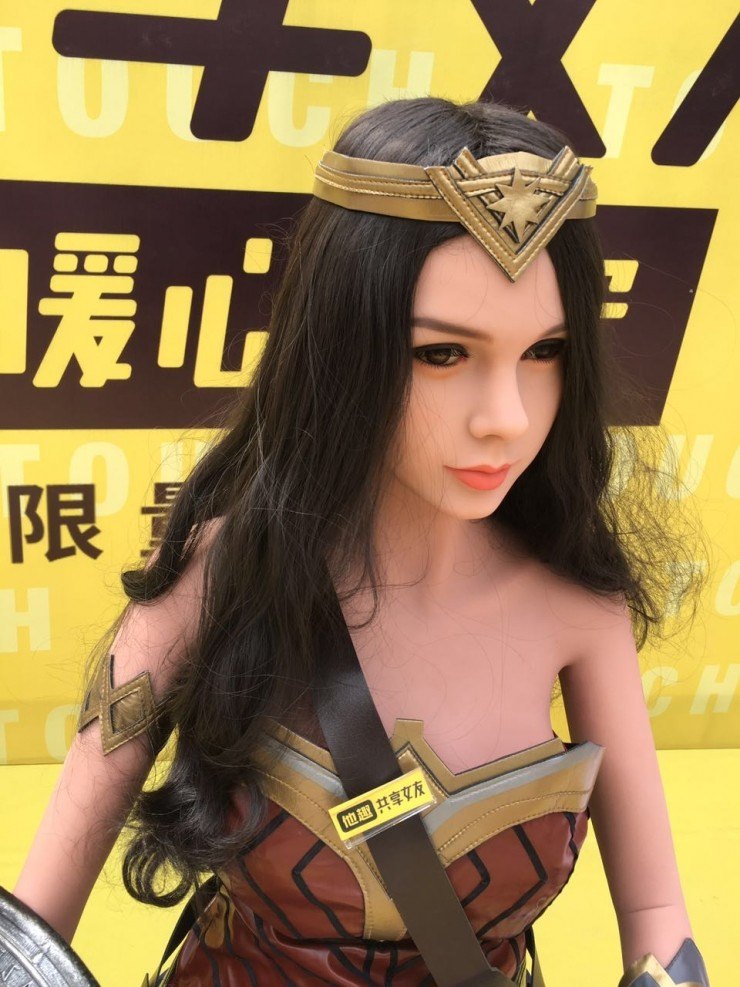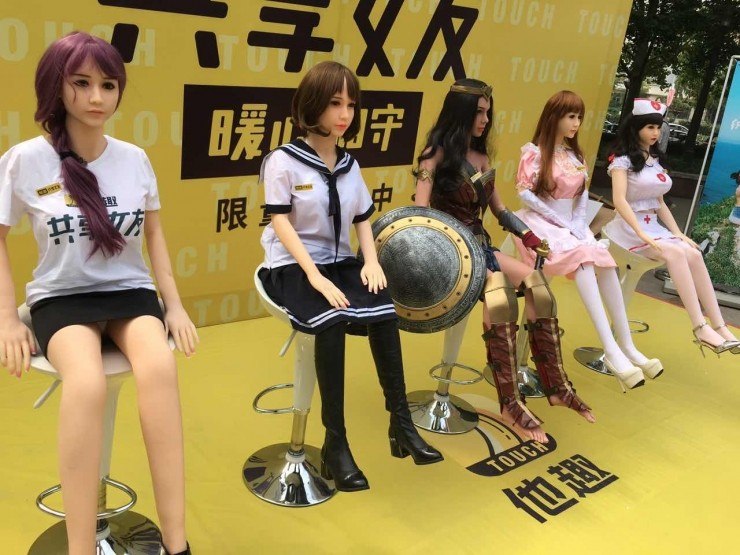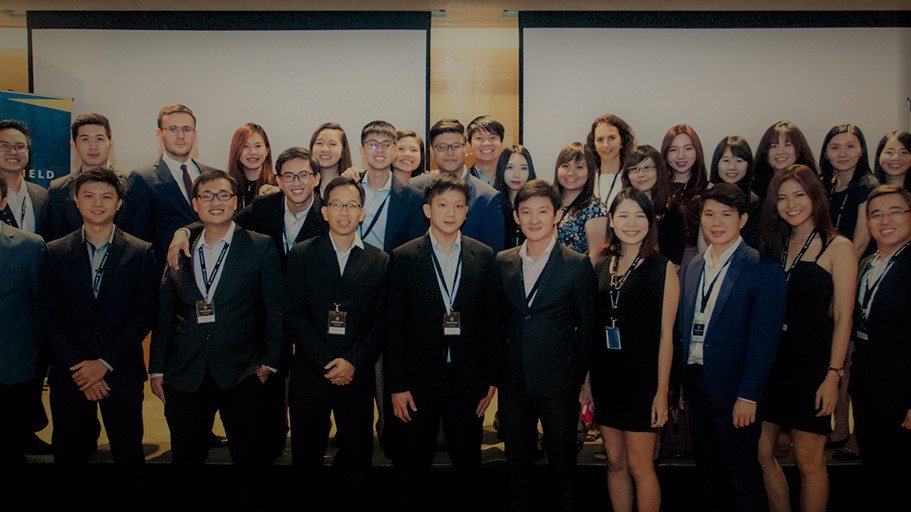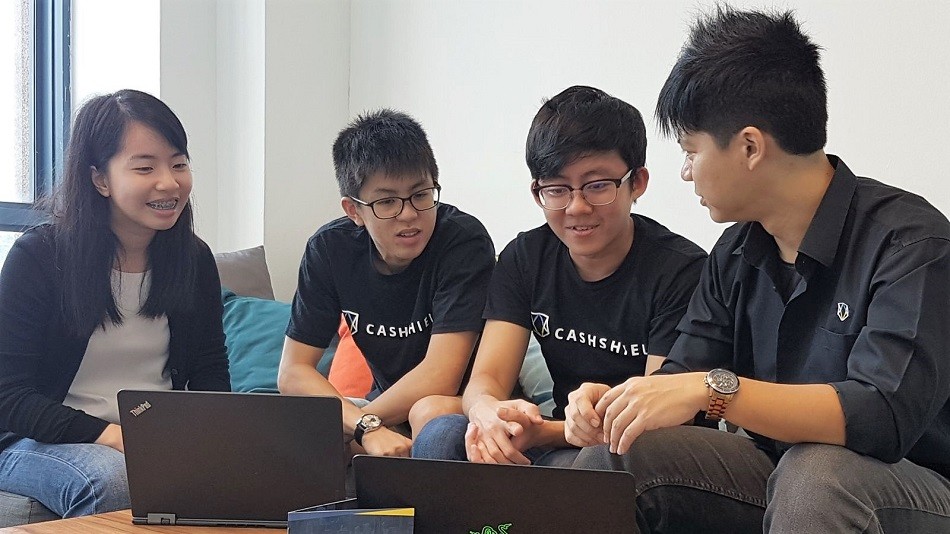![Redmart head of product and enginering, Patrick Teo]()
Patrick Teo. Photo credit: Redmart.
Redmart’s new top engineer and product person cut his teeth in Silicon Valley, working for Amazon and Facebook. But before that, Patrick Teo was a founding member of a startup in the Valley – a photography publishing service called Shutterfly.
That was 1999, the era of the “dotcom boom” in the US – and the peak before the plunge of the 2001 bust.
“Digital cameras were in vogue [then]. We thought, where do you get your photos printed with a digital camera?” Teo tells Tech in Asia. The startup allowed users to have their digital images printed and later made into all kinds of physical products like greeting cards and calendars.
Shutterfly made it through the 2001 crisis successfully, achieved profitability, and listed on NASDAQ in 2006.
Walking through the Valley
Teo went on to product and engineering positions at Amazon and Facebook. At chez Bezos, his mission was to build the company’s new music streaming product. He started at Amazon in 2009, when digital music basically involved using iTunes to download files onto your iPod. Online streaming was still in its infancy but always-connected smartphones were coming into their own.
“The project was, essentially, to take advantage of the connectivity of mobile to build a cloud-based streaming system,” Teo says.
Sounds pretty straightforward, but the challenge was not insignificant. The project was based in San Francisco, where Seattle-headquartered Amazon didn’t have a large presence at the time.
Teo sees tech like machine learning and artificial intelligence as an important part of Redmart’s product.
“One of the major challenges of building Amazon’s music service was hiring the large team that would build it. Amazon was competing against startups and other large tech companies for talent,” Teo says. With the company’s offices all the way up north in the state of Washington, the Bay Area-based team would have to coordinate with the mothership remotely.
So the company decided to make this part of its brand to help recruitment. “People who joined were able to have a larger impact and greater autonomy. Plus, they were able to build many new capabilities from the ground up using various AWS tools and technologies. This brand was used to recruit through industry hires, internal transfers, and universities,” he explains.
After spending four years there, Teo decided to look for new challenges. He found what he was looking for at Menlo Park, with Facebook’s “move fast” approach. Teams would try new ideas for six to 12 months, some of them involving major features, and then strike them down if they were not working and moving on. “There was constant experimentation,” Teo says.
For example, one of his teams once spent six months on a feature that helped users share their status update more easily. The feature rolled into several countries but it didn’t make the impact the team hoped for, so it got scrapped.
Facebook’s “hacker culture” also appealed to Teo. He recalls a meeting with a colleague who worked in business development when he first started at the social network. “When we met, he looked tired and I learned it was because he had spent the night before in a hackathon team, hacking on some new iOS feature the team was passionate about,” he relates.
Teo was approached by Redmart through an informal introduction, which led to some casual back-and-forth. That was when he decided to take the plunge and return to the homeland.
![Redmart team photo]()
Teo says that Redmart fits his customer-centric philosophy. Photo credit: Redmart.
To serve the customers
Redmart appealed to him because of its customer-centric philosophy. Speaking to two of Redmart’s three co-founders, Roger Egan and Vikram Rupani, Teo realized Redmart’s culture would be a good fit for him and what he wanted to do.
More than Amazon or Facebook, it was his time with Shutterfly that shaped Teo’s mindset about serving customers. Having been part of that company for a decade, he maintains that developing the product around the end user was a constant that steered the team through struggles and challenges.
Given that it’s a common thread that brought him to Redmart, I ask him what “customer-centric” means to him.
At Shutterfly, it was not uncommon to have all-nighters to provide the best possible service to their customers.
“It’s about making decisions, both on the product and the tech, that put the customer first,” he explains. When building a product, sometimes there are things that make the tech more efficient and save time and effort for developers, but will impact customer experience. “When there’s shortfalls in the technology and the product, always keep in mind that ultimately what you’re trying to do is to create the best possible experience for customers,” he adds.
But it goes beyond that. At Shutterfly, for example, it was not uncommon to have all-nighters to be able to provide the best possible service to their customers. During the holiday season in the startup’s early years, Teo remembers many employees volunteering for the 8 p.m. to 6 a.m. night shift when the company was short-handed and orders needed to be fulfilled.
“Regardless of our roles, we would be folding cards, putting postage stamps on envelopes, and packing orders in our manufacturing facility,” he says.
In those days, the team had to take down their website in order to push software updates. So every month, these updates would take place at night. “I remember many of us heading into the office on release day each month at around 10 p.m. to conduct our software release and leaving the office past midnight – and sometimes the next morning, if we ran into issues with our release,” he says.
As Redmart’s new chief product officer and executive VP of engineering, Teo feels it fits this philosophy well because of the very nature of its business – delivering groceries. “Grocery shopping is by and large inconvenient, a chore. And you have to do it very frequently. My vision is to address this by making a product that is convenient. It’s personalized so it knows what you like, how frequently you order, and when you like to receive your order.”
Like a lot of other startups for whom deep knowledge of their customer is key to their business, Teo sees tech like machine learning and artificial intelligence as an important part of Redmart’s product. He demurs when asked about examples of products and features that could spring out of this.
The Singapore opportunity
Teo joins Redmart at a very busy time for the company. The online grocery delivery startup made headlines last year after getting acquired by Southeast Asian ecommerce dynamo Lazada, which in turn had been acquired by Alibaba. As part of one of the most dominant ecommerce players in Asia, Redmart has been working on improving its tech and growing its warehouse and logistics facilities.
Meanwhile, the long-awaited shoe dropped with Amazon Prime Now launching in Singapore in late July. The Prime Now app, which offers delivery within two hours and many grocery-type products, could put pressure on the Singaporean company.
While Redmart doesn’t reveal specific user or revenue figures, App Annie’s rankings show its app in Singapore is neck and neck with Prime Now and local competitor Honestbee.
It bears mentioning, however, that app rankings tend to fluctuate as offers and promotions often get people using one app over another, as Egan previously told Tech in Asia.
Similarweb, meanwhile, shows Redmart in the lead in terms of desktop visits compared to Honestbee.
![Similarweb comparison of Redmart and Honestbee]()
Chart: Similarweb.
Teo thinks the competition isn’t so much about the technology but about the services offered and the way they make users’ lives easier. “Our developer philosophy is around delighting the customers,” he says. “Our competition is really the fact that most people go to the supermarket, despite how inconvenient it is. That’s essentially where we make a difference – helping people transition from offline to online.”
Rupani hailed Teo’s hire as a “stamp of validation for Singapore’s maturing tech ecosystem and the quality of our own engineering core.” Teo himself sees Singapore as a promising opportunity for tech talent, as Silicon Valley is getting more crowded.
“For tech leaders who are interested in having impact, it’s much better to be in a smaller, growing environment where impact is more readily felt. You get to shape the ecosystem, to help build and grow the tech community,” he says.
Plus, what impacts Singapore has the potential of making a splash in the rest of the region as well, which is even more of an incentive for international talent. “If I were to speak to someone in Silicon Valley I would say, come experience and help shape a growing ecosystem, not only in Singapore, but in Southeast Asia,” he adds.
This post Redmart’s new head of tech spent nights stamping envelopes for his first startup appeared first on Tech in Asia.
![]()













































